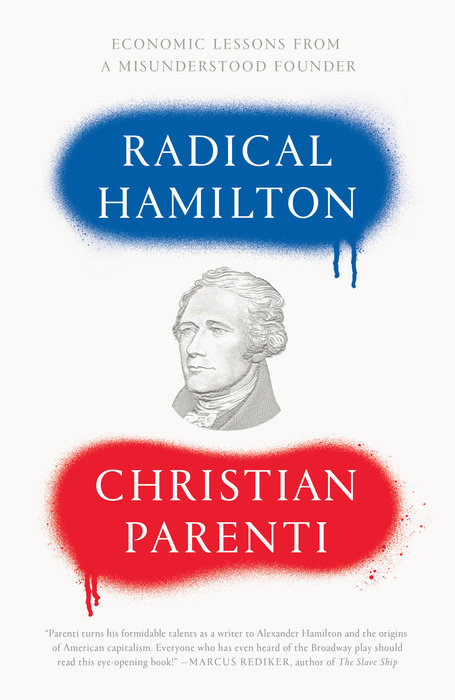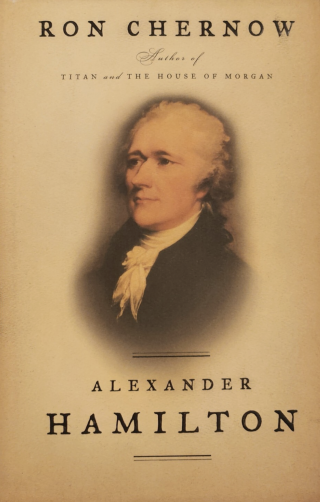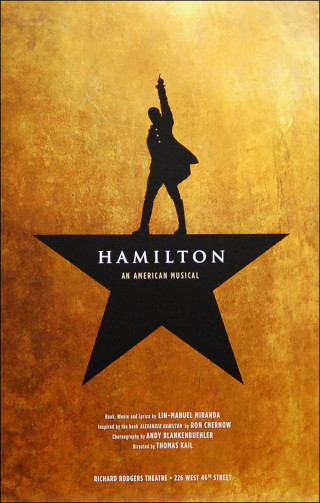The Hamilton of the imagination of liberals is an immigrant who strived for a better life and built it in America, while setting down the cornerstones of our key institutions. He is a good Davos man, with just the right amount of skepticism in democracy — a skepticism rooted, of course, in good will, with nothing but the interests of the people, misguided as they often may be, at heart. That is an easy man for readers of this publication to loathe, and for readers of the New York Times to love.
“’Hamilton,’ I’m pretty sure, is the only thing that Dick Cheney and I agree on,” quipped President Barack Obama, speaking before a White House performance of the play in 2016, telling the audience that playwright and actor Lin-Manuel Miranda “identified a quintessentially American story. In the character of Hamilton — a striving immigrant who escaped poverty, made his way to the New World, climbed to the top by sheer force of will and pluck and determination — Lin-Manuel saw something of his own family, and every immigrant family. And in the Hamilton that Lin-Manuel and his incredible cast and crew bring to life — a man who is ‘just like his country, young, scrappy, and hungry’ — we recognize the improbable story of America, and the spirit that has sustained our nation for over 240 years.”
That’s all fine, but it’s not what mattered about Hamilton, Parenti argues, implicitly making the case that liberal fans of the musical should follow Hamilton where he would lead in this moment of planetary and civilizational crisis. It’s cliched by now to say that the Constitution is not a suicide pact, but for Hamilton, a weak government put the national project at risk. Hamilton saw imminent doom and disintegration around the bend and understood that only a government vested with the ability to actually execute an agenda stood a chance of surviving.
As Parenti relates, Hamilton’s fears were borne out in real time — with the War of 1812 being the greatest indictment of the rival Jeffersonian approach to small government — but his warning is even more urgent today because it’s not one just for Americans, but for the globe. Only by embracing an activist Hamiltonian public response to the perils of climate change do the people collectively stand a chance.


